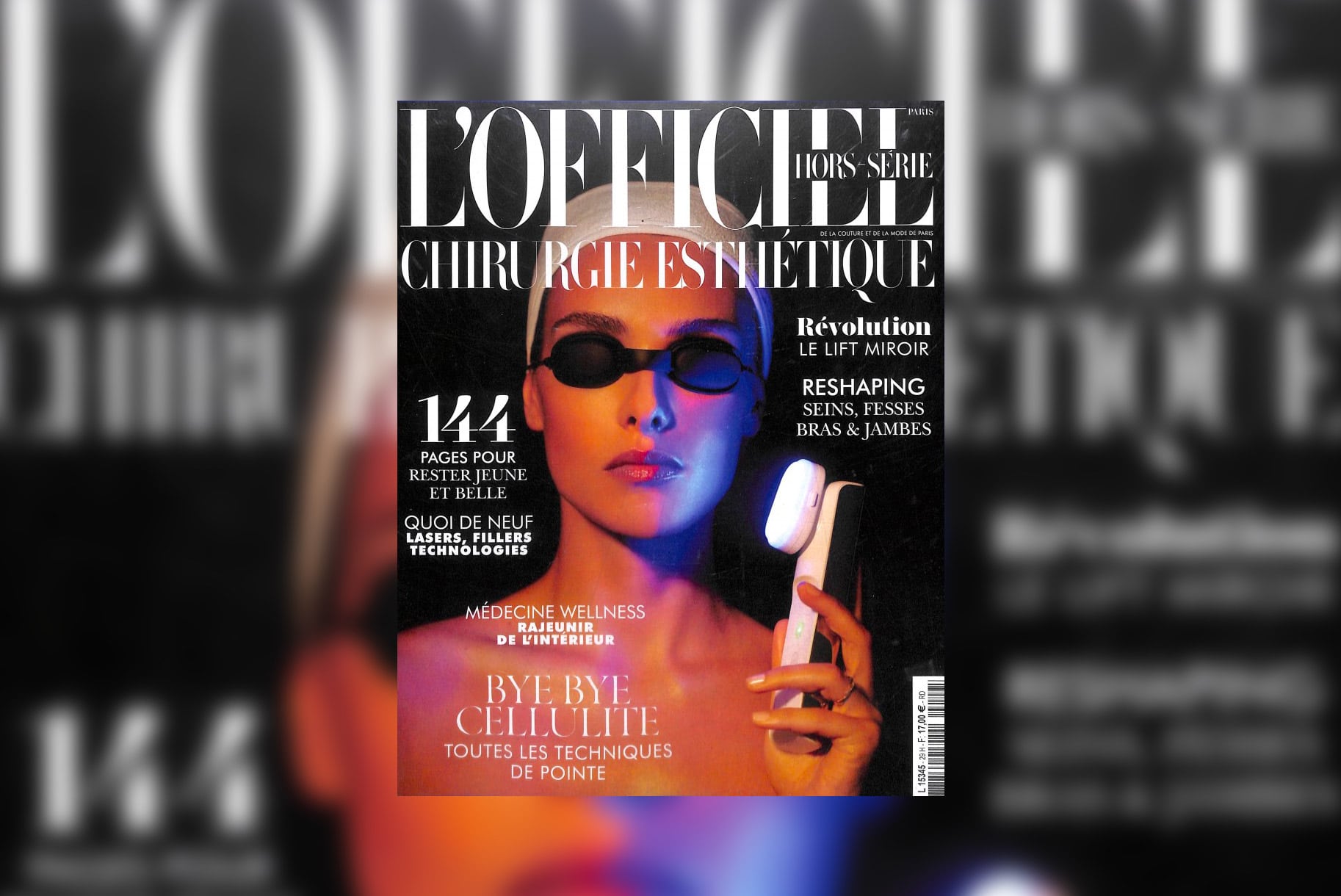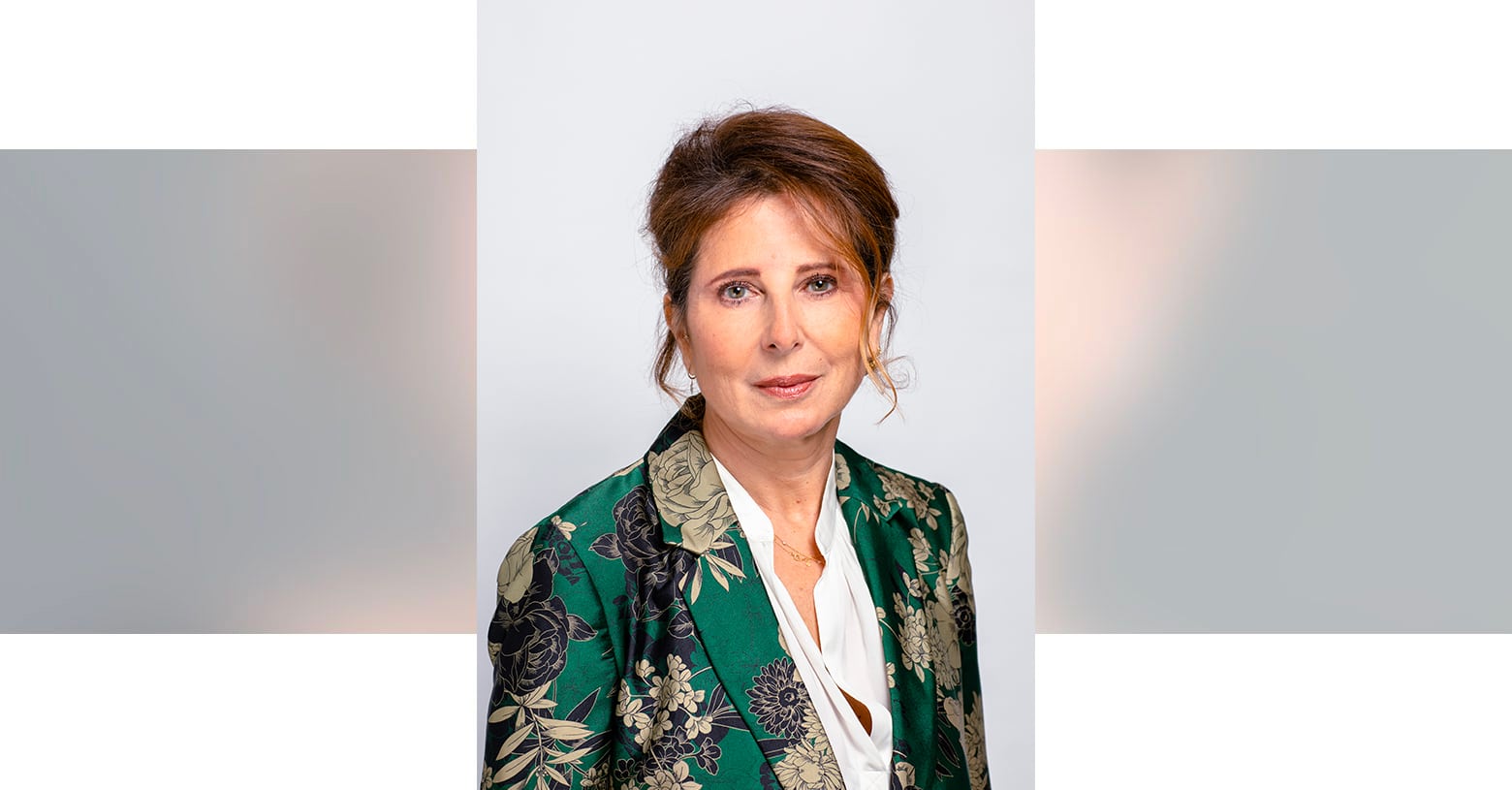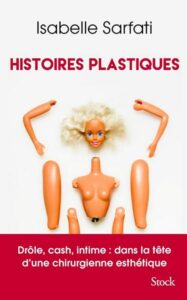Isabelle Sarfati breaks the taboos
It’s like a sitcom where characters with strong personalities follow one another in a series of scenes taken from a personal diary. Dr. Isabelle Sarfati, a renowned plastic surgeon, tells us her delightful plastic stories in which she is both patient and caregiver.


You wrote that plastic surgery is a weapon of freedom. What if it’s more about identity?
It is both a weapon of freedom and a form of submission to the diktats of the other’s gaze. But it is above all the freedom to get rid of a hang-up and to be closer to our dream identity, because it is about identity to allow ourselves to choose to be a better version of ourselves. The fact of deciding not to stay stuck in a helplessness state, of allowing oneself to think “I don’t want to live with the breasts of this girl I see in the mirror, I will do something”.
Some women undergo surgery late in life, well after their seduction years. What is their approach?
The “seduction years” should first be defined. Women over 80 who undergo surgery are repairing something invisible; their breasts are still alive in their minds and they are happy to be able to improve their bodies, to participate in a project dedicated only to themselves. This shows incredible vitality!
Cosmetic surgery still seems to be perceived by many women as cheating. Is it still a taboo or are you noticing that it is less the case anymore?
It depends on one’s relationship with the truth. Some women who wear prostheses feel that it is no longer their breasts and are obsessed with the idea of “faking”. Others, more lightly, consider surgery as a “fake pretty”. And then there are those who consider that their new breasts are even more theirs because they chose them. Some see the prostheses as sex toys!
Why do we all have a fear of looking like our mother?
Above all because we look like her! We have seen our mothers grow old, one day we see our image in a mirror and we are marked by the resemblance with those same defects that frightened us when we were little. At 50 years old, we remember the image of our mother when she was young, and what she looks like today, which sends us back to a mirror effect.
What are the exciting techniques of the future in cosmetic surgery?
We will be able to cultivate fat, we will no longer be limited as to the quantities necessary for certain procedures when the patient is thin. The same applies to the cultivation of hair grafts. In the near future, 3D-printed prostheses, which are totally custom-made, will be accessible to everyone and for all types of implants.
In your book, you talk with candor and humor about the procedures you have undergone. In all, how many have you undergone and what are your favorites?
I’ve had my chin moved forward, had an eyelid lift, liposuction, facial fat injection, and had breast implants of various sizes placed three times. My favorite is the first procedure. I got that euphoric feeling after a feature improvement and every time I saw myself in a mirro, I thought it was really better.
You have a punk attitude! You go home the evening after an operation on a scooter with drains in your pockets, you resume your consultations the day after a blepharoplasty… Is it to set an example, or is it an act of bravery?
I like the Mad Max thing because I have nothing to hide. I’m not going to take a vacation because I have black eyes! Besides, showing that I’m having surgery shows that I believe in it and in a way, it makes me look good!
When something goes wrong, what can be fixed easily?
Asymmetrical breasts, too high or too low, are the easiest to correct. Often after a failed operation, there is a form of guilt and a loss of confidence in oneself and in the surgeons. A natural defect is not shocking, but a defect created by surgery is more embarrassing. It is all the more unfortunate that in most cases, it is easy to repair.
What are the main motivations for deciding on an operation?
A cosmetic surgery procedure is a strong act towards oneself and often manages to provoke a turnaround because this investment triggers things, gives a beautiful energy. It is an act of positive dynamics, of willingness to love oneself, which is always a good thing. Plastic surgery acts on the surface to build something on the inside.
What advice do you have for choosing a surgeon and for feeling good during the postoperative period?
Ask around, see who the advice comes from and if it is sound: is it a friend, a doctor, a beautician, in short, someone who knows a lot of women who have had surgery and surgeons?
Then, the feelings during the first appointment. You must have the feeling that your project is well understood and that you trust the surgeon to carry it out. Concerning the post-operative period, do not play the scenario of another or what you may have read. If you feel the need for cocooning, do not deprive yourself of it. And if you need to be active, go for it. It is up to you to invent this stage in agreement with your surgeon.


Laissez votre commentaire